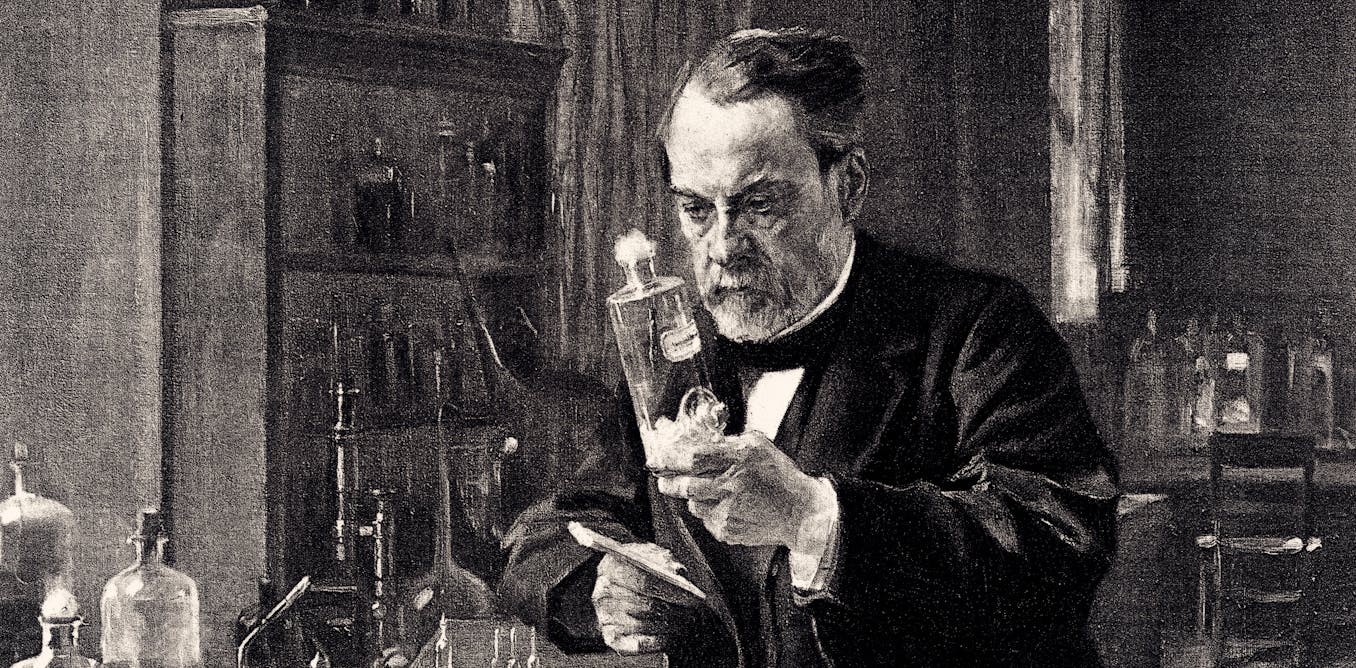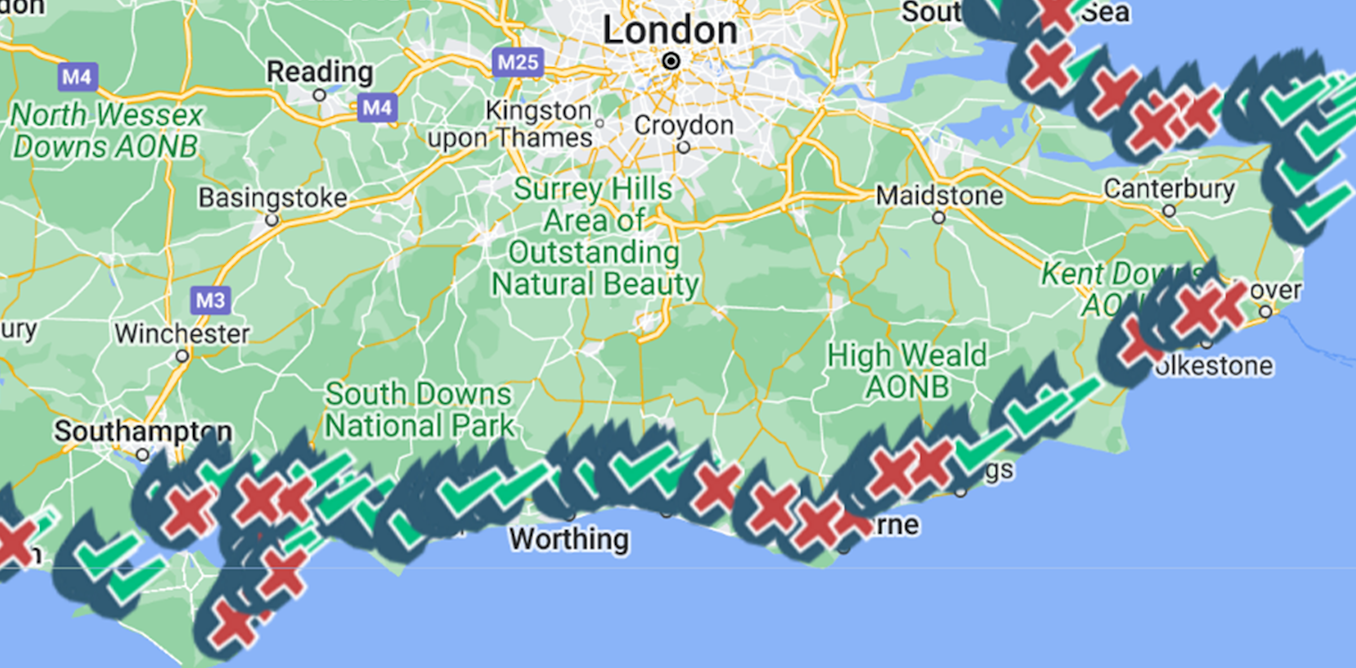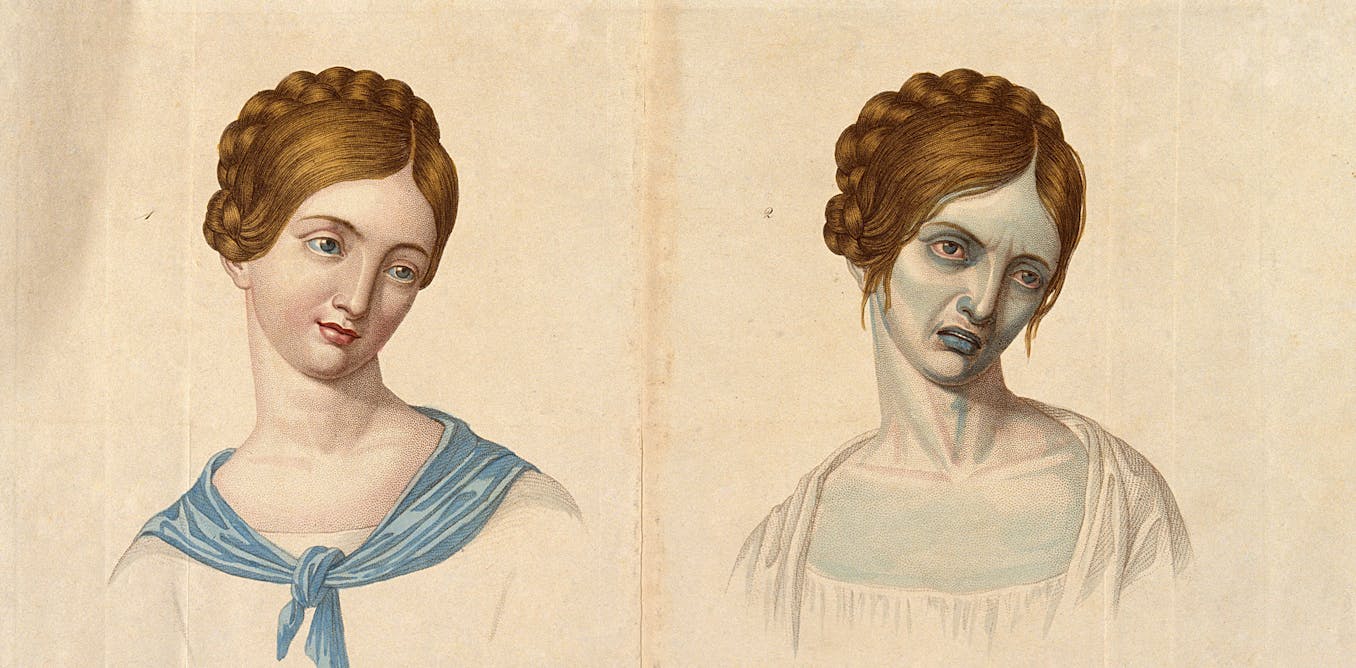Keeping 8 billion people healthy in a hotter, more crowded world -- 4 ways population and climate change put public health at risk
The human population has doubled in 48 years, and worsening climate change has left the world facing serious health risks, from infectious diseases to hunger and heat stress.
Nov. 10, 2022 • ~9 min




